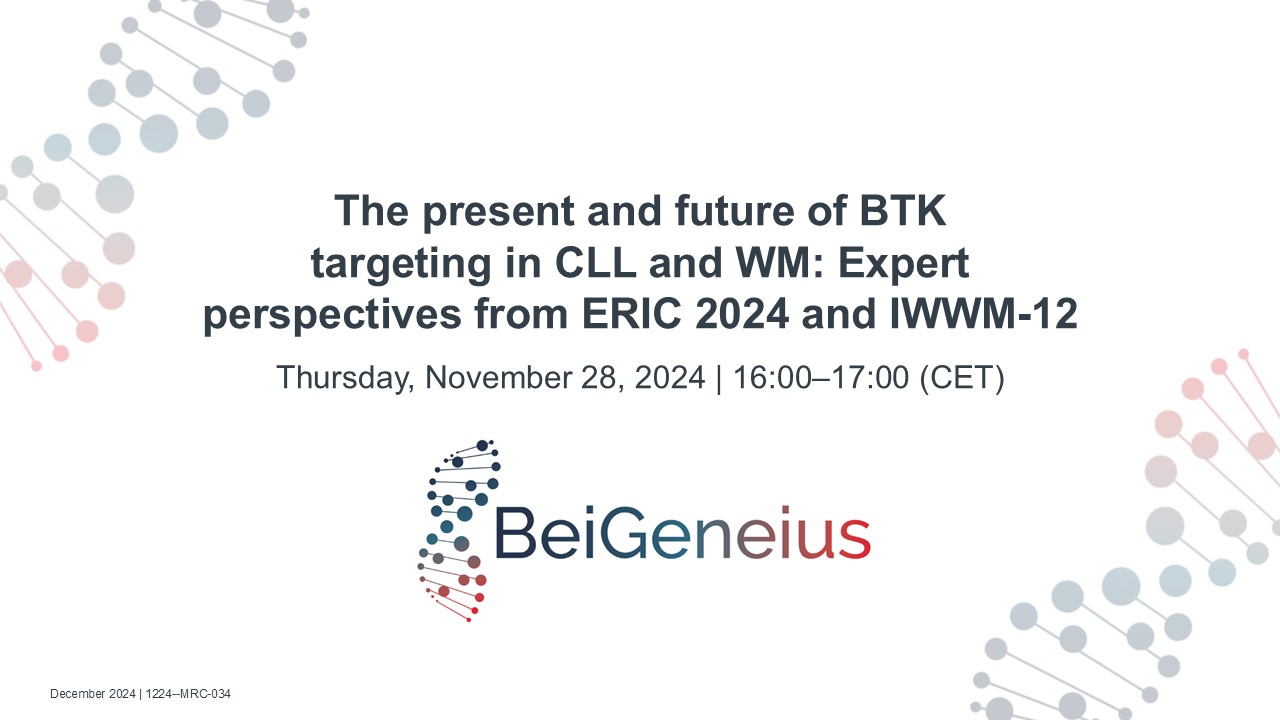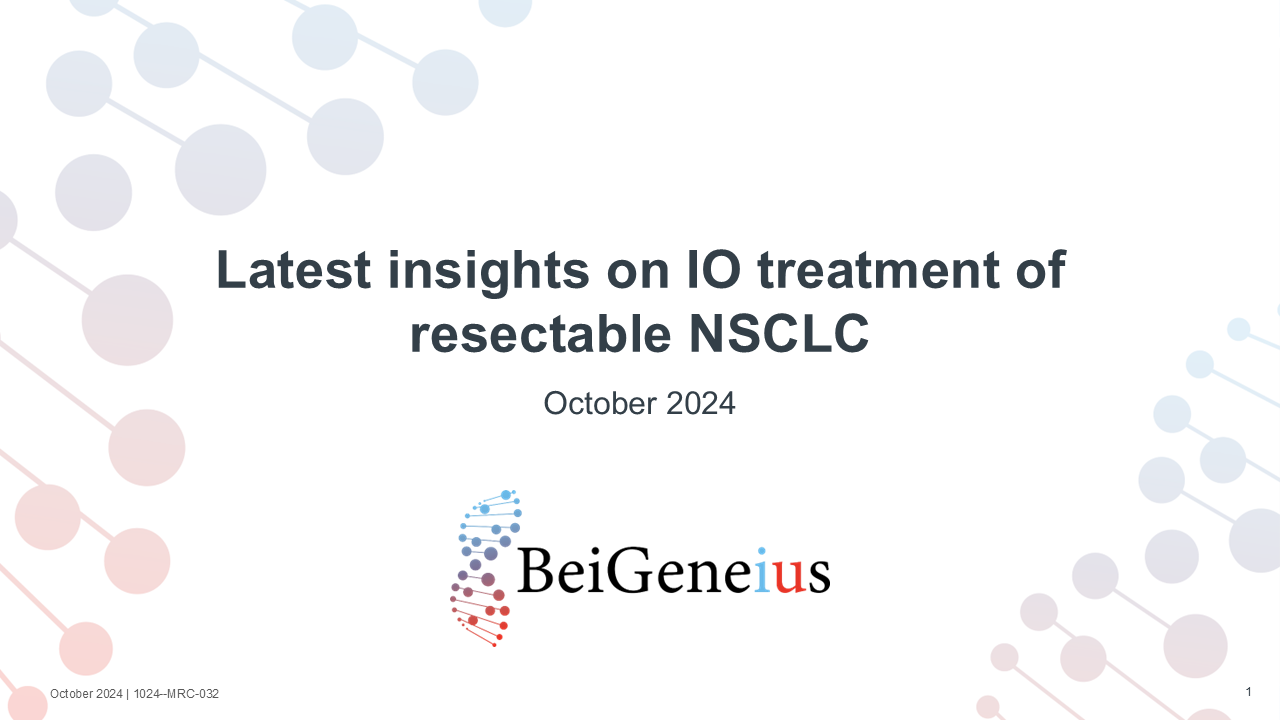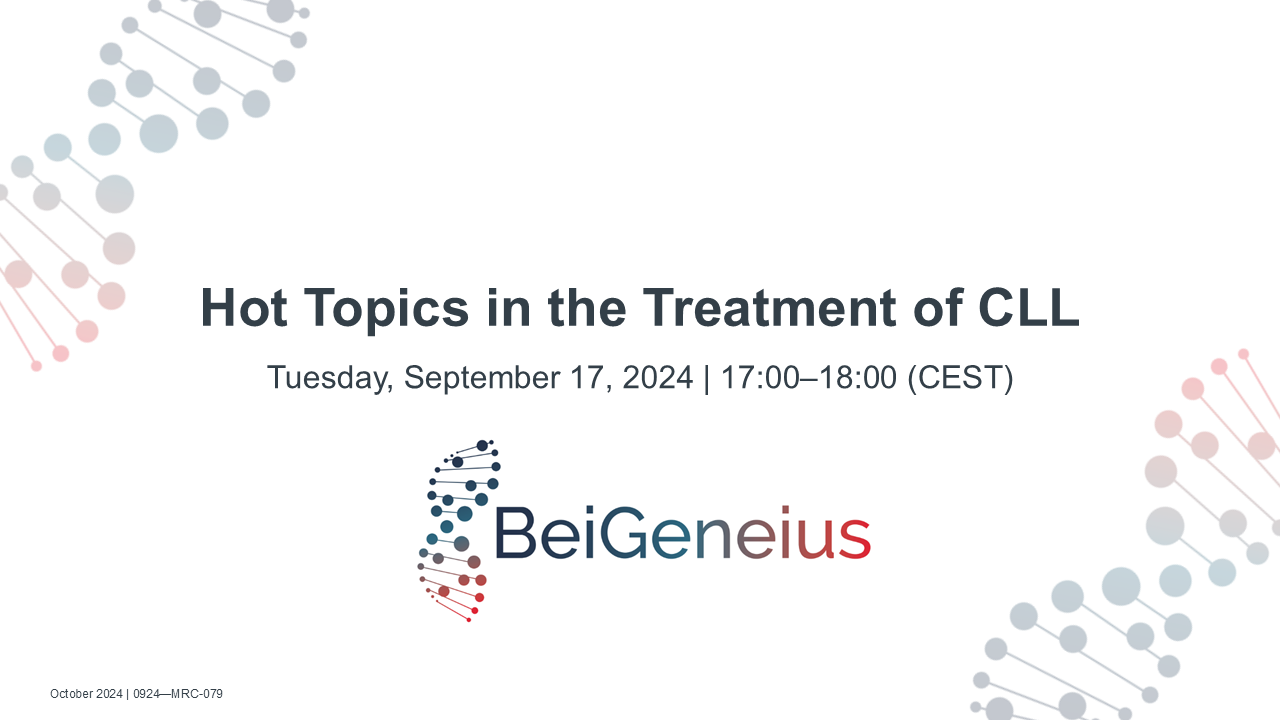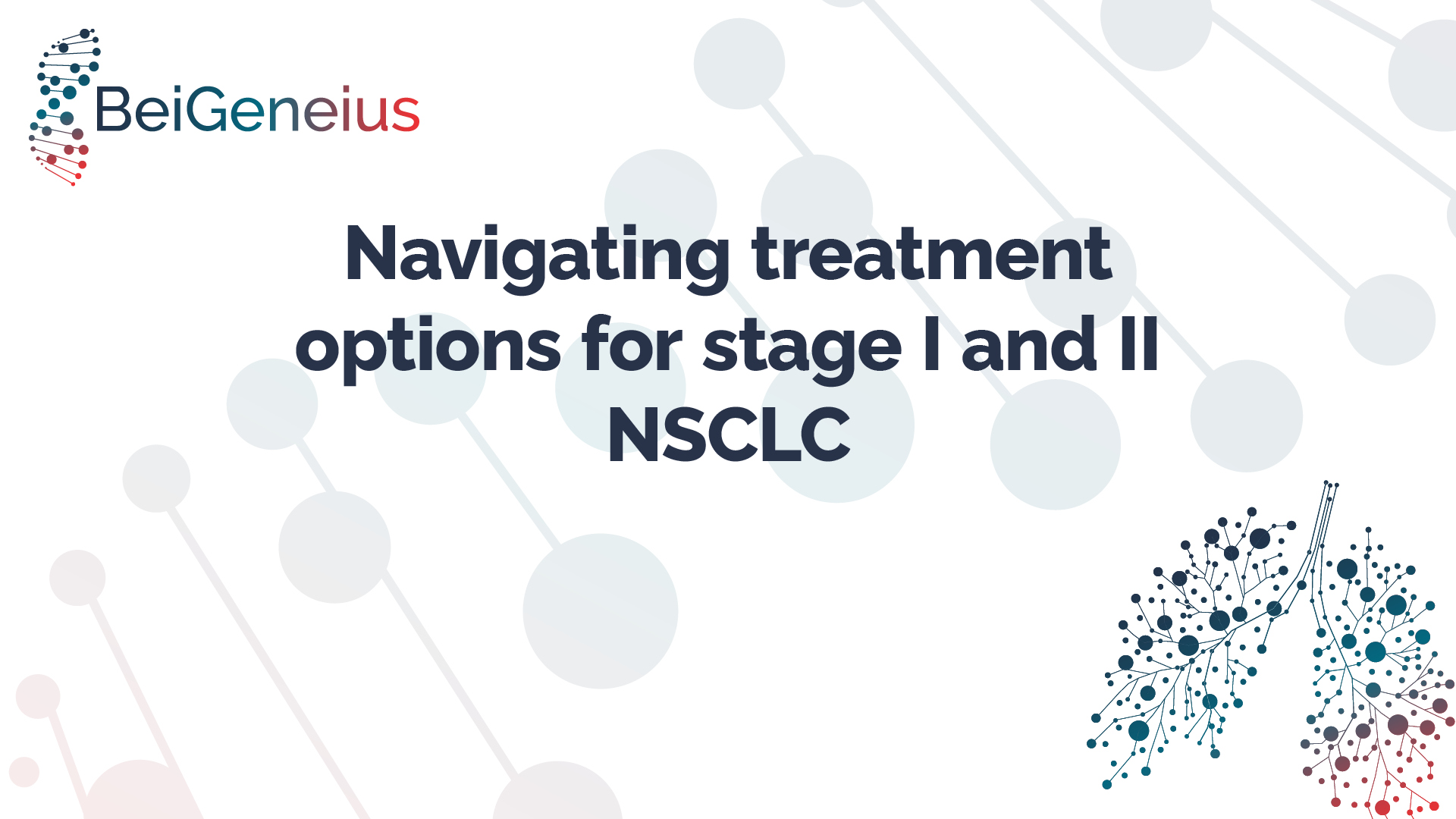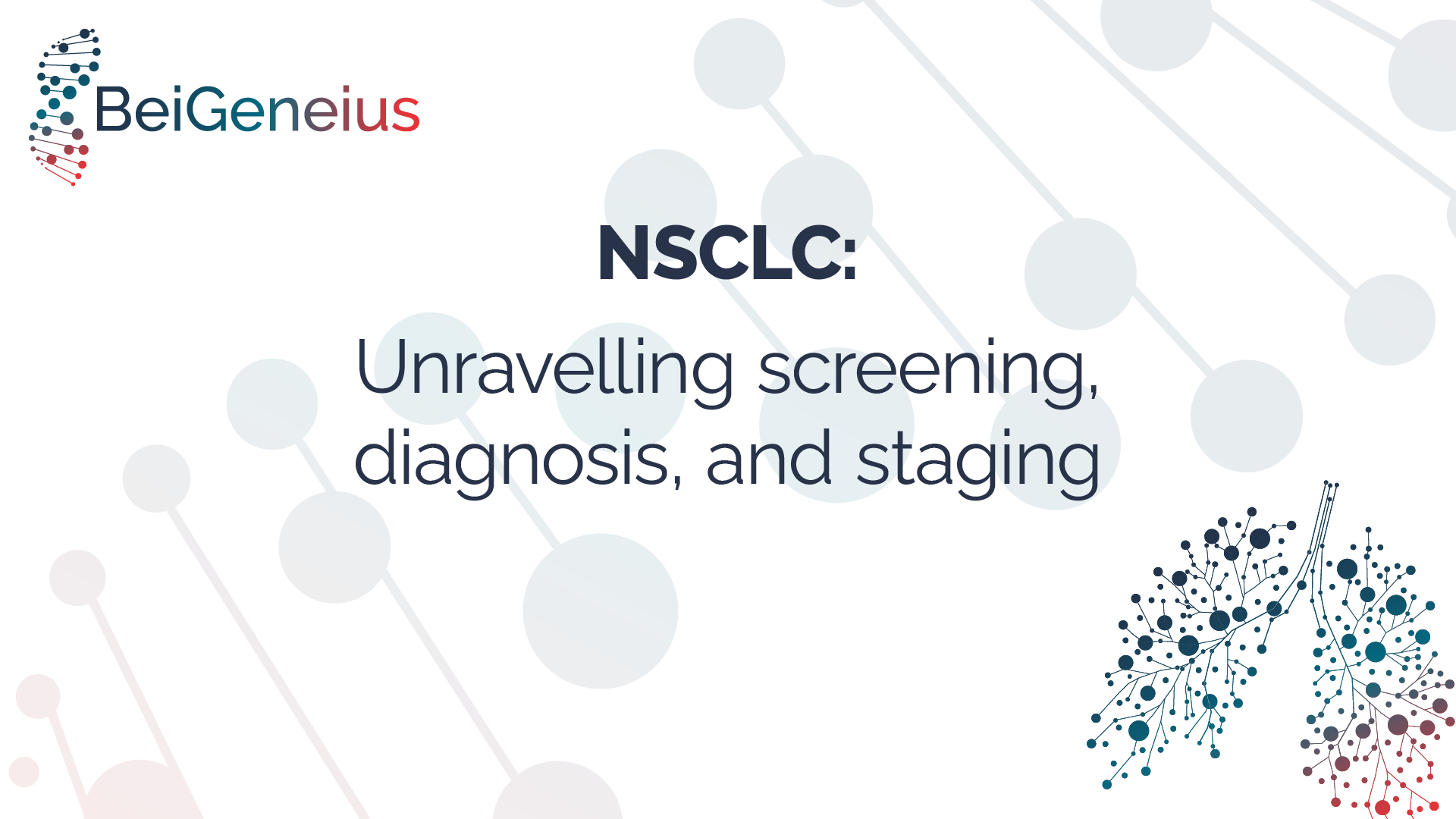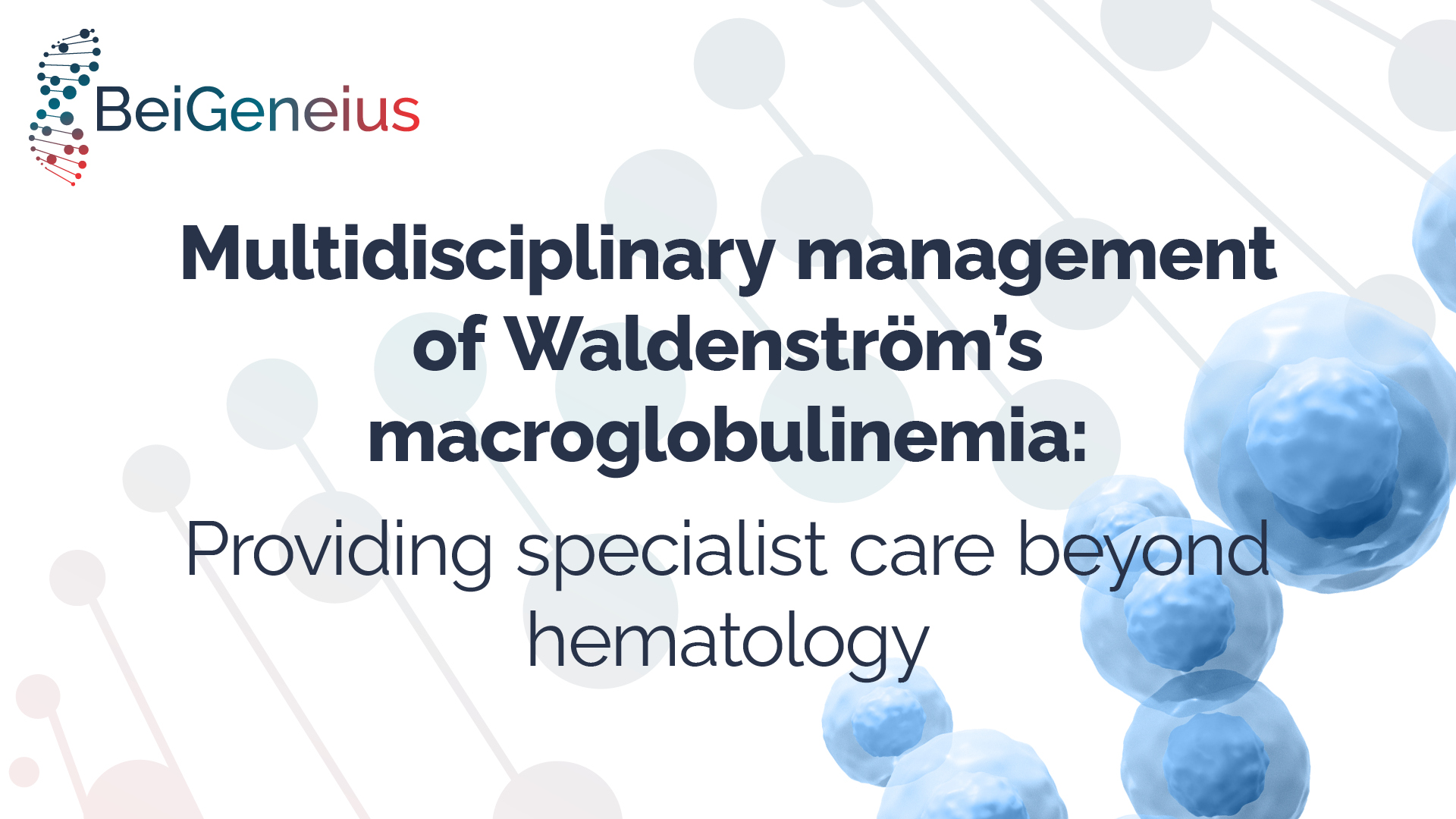This link is provided for information purposes only. Please be aware that, if you click on it, you will leave www.beimedplus.com website. The link will take you to a website owned and operated by an independent party over which BeiGene Ltd. has no control or influence (“third-party website”).
BeiGene Ltd. makes no representation that information on the third-party website is appropriate or available for use or access in locations outside the country for which the third-party website is intended. Therefore, BeiGene Ltd. declines any responsibility for third-party information. BeiGene Ltd. makes no representation regarding the data usage policies of the third party website and declines any responsibility for the use of personal data by the operator of the third-party website. Please ensure that you belong to the target group of the content provided on third-party website and that your access to it complies with the applicable laws and regulations.
Do you really want to leave the www.beimedplus.com website?






